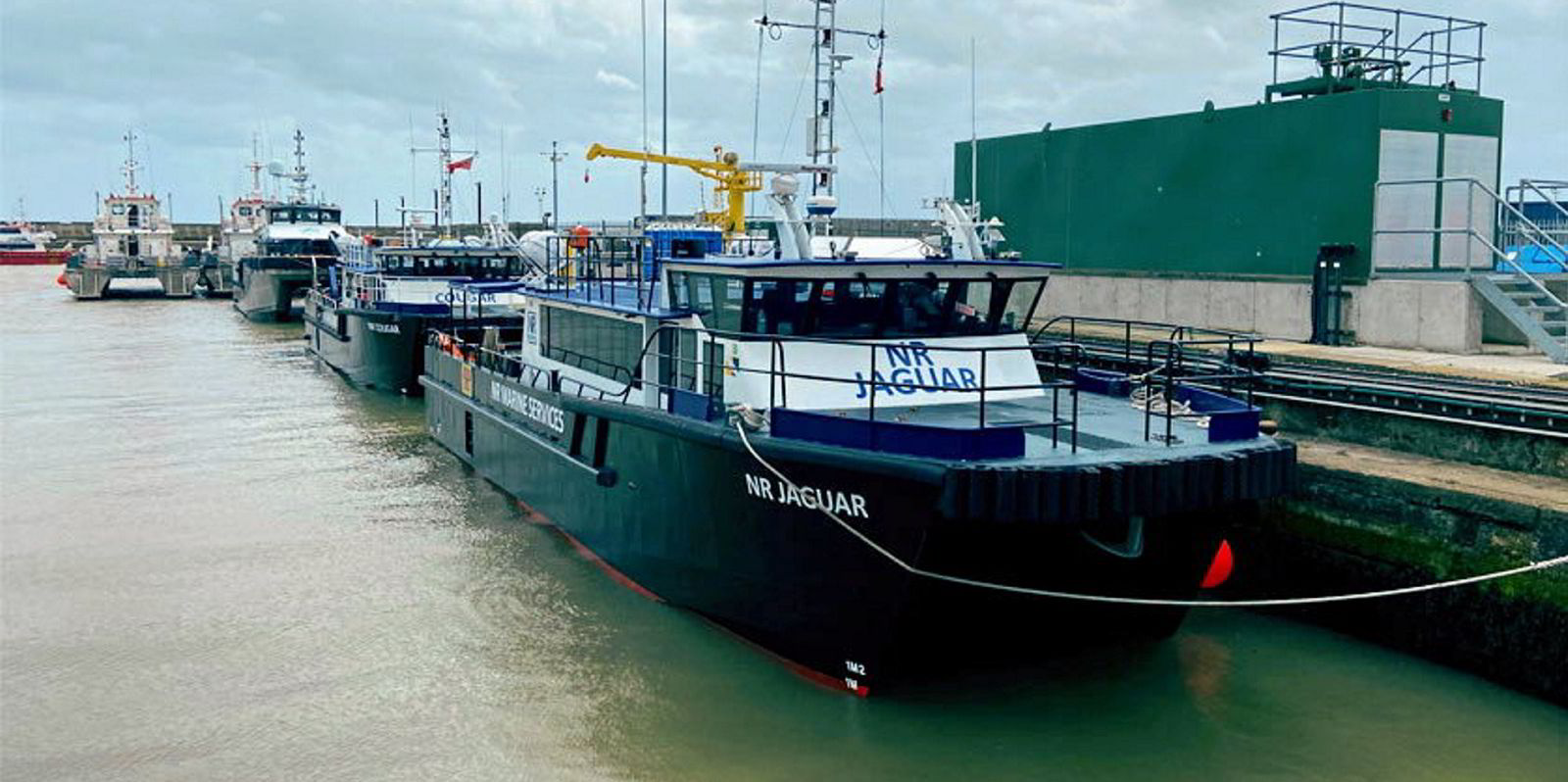UK energy producer ScottishPower Renewables has launched a pilot project to power wind farm vessels with waste vegetable oil.
The company said it will use a blend of 30% hydrogenated vegetable oil with marine gasoil for crew transfer vessels (CTVs) working on its flagship East Anglia ONE offshore wind farm.
The renewable vessel fuel, HVO30, will power two CTVs operated by Great Yarmouth-based NR Marine Services.
The blend has a proof of sustainability certificate from the International Sustainability & Carbon Certification (ISCC) system.
The project will cut CO2 emissions by 30%, the company said.
ScottishPower Renewables’ East Anglia ONE project director, Charlie Jordan, added: "As part of the drive to get to net zero, we’ve been working with suppliers across our East Anglia ONE wind farm to reduce CO2 emissions throughout the project.
'Real challenge'
"Developing low-emission vessels for use in operational wind farms is a real challenge for the industry and we’re proud to be leading the way and taking on this challenge to help us operate in a cleaner and greener way," he said.
Located 43km (27 miles) off the coast of Suffolk, East Anglia ONE generates up to 714 MW of clean energy every year, enough to power more than 630,000 homes.
The £2.5bn ($3.5bn) project features 102 Siemens Gamesa 7 MW offshore wind turbines and is a joint venture between ScottishPower Renewables and Macquarie's Green Investment Group (GIG).
"As we continue to work towards net zero — and with the UK hosting the COP26 UN climate change summit later this year — it’s vital we all do our bit to ensure our operations are as sustainable as possible," Jordan added.
NR Marine operates the ships as part of a contract with UK wind farm contractor Turner Iceni.
NR's director Owen Nutt said: "We are really pleased to be paving the way with reducing vessel emissions on two of our vessels, NR Cougar and NR Jaguar."
"East Anglia ONE is an important project for us and it’s great to see ScottishPower Renewables committing to purchase the HVO30 fuel in a bid to further reduce carbon emissions," he added.







